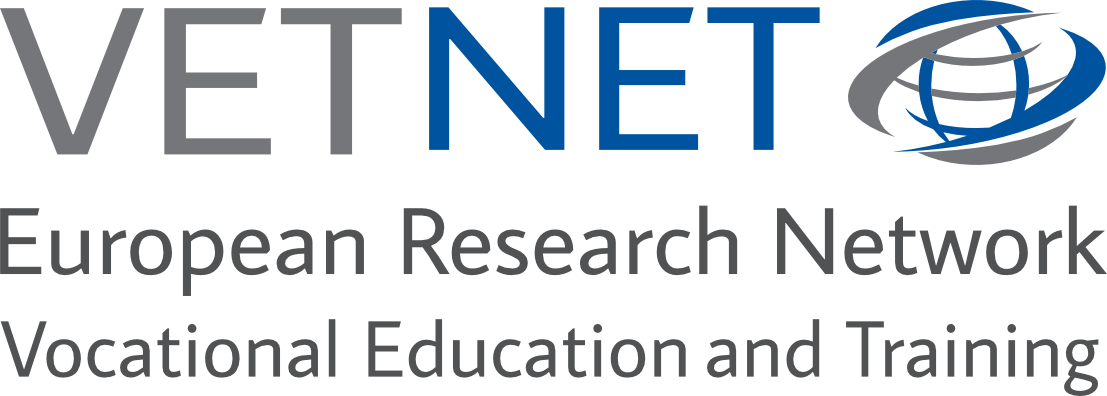Finnish vocational education and training in comparison: Strengths and weaknesses
DOI:
https://doi.org/10.13152/IJRVET.1.2.1Keywords:
Comparative study, educational trends, initial vocational education and training, participation, access to higher education, level of employmentAbstract
The study investigates how the Finnish model of providing initial vocational education and training (IVET) has succeeded in terms of enhancing educational progress and employability. A relatively high level of participation in IVET makes the Finnish model distinctive from those of three other Nordic countries: Denmark, Norway and Sweden. All four Nordic countries have well-organised labour markets and universal types of welfare states. Priority is given to goals related to equal opportunities and social inclusion. At the same time, these countries have different models of IVET. While the study compares the Finnish model of organising IVET to those of other Nordic countries, it also examines the German and UK models, which represent differing societal approaches to IVET. The differences in the outcomes of the IVET systems are described and analysed through reviewing secondary data provided by Eurydice and Eurostat, along with country reports produced in a Nordic comparative project, Nord-VET.





